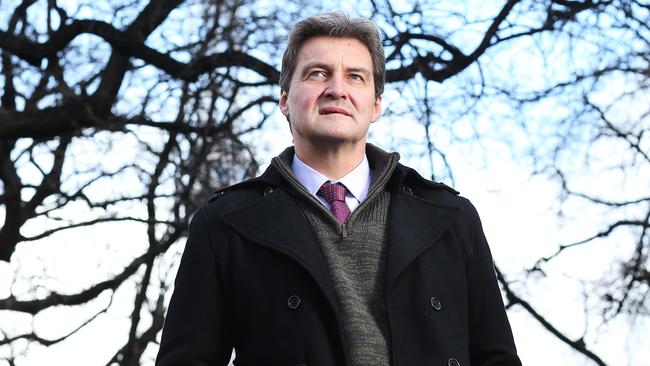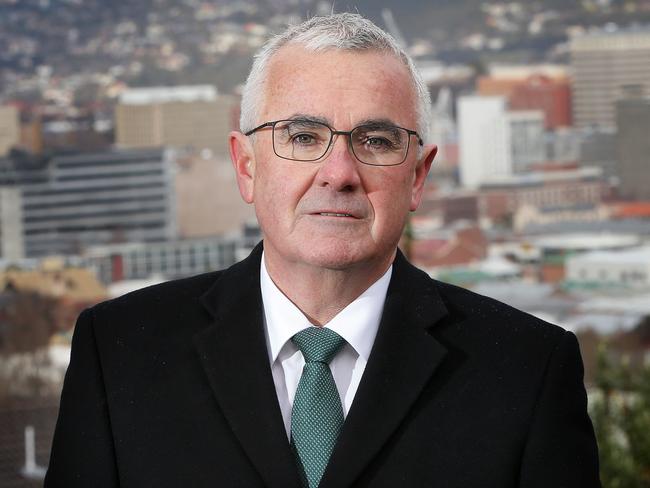SSM postal vote challenge in High Court
The first High Court challenge to the postal vote on same-sex marriage has been launched to stop ballot papers being mailed next month.

The first High Court challenge to the postal vote on same-sex marriage has been launched in a bid to prevent ballot papers being mailed to Australians next month, arguing Malcolm Turnbull’s new plan breaches the constitution.
Marriage equality advocate Rodney Croome said the challenge would be filed in the High Court as soon as Wednesday afternoon to have the postal vote rejected, in the hope of ensuring a conscience vote in parliament within weeks.
POLITICSNOW: Live from Parliament House here.
The litigants are Tasmanian independent MP Andrew Wilkie, Shelley Argent of the Parents and Friends of Lesbians and Gays and lesbian mother Felicity Marlowe, backed by lawyers from the Public Interest Advocacy Centre.
Mr Croome said the advice from barrister Ron Merkel QC, who will argue the case in the High Court, was that the postal vote could breach the remit of the Australian Bureau of Statistics to gather facts and figures, while also being vulnerable to challenge because there is no clear authority for the $122 million spending on the ballot.

While the government has only issued a press release about its policy and has issued no other decisions — such as a regulation, a ministerial direction or a bill — the campaigners believe this is enough to trigger a move in court.
“The government has made it absolutely clear that if the Senate votes down a plebiscite then a postal vote is next — that is clear government policy,” Mr Croome said.
“The Senate has voted down the plebiscite so, in Mr Merkel’s view, that is sufficient for us to take action.”
The Human Rights Law Centre is also preparing a court challenge in the belief that the government could be exceeding its powers by spending the $122m and using the ABS to survey Australians.
Ms Argent said there was more dignity and respect for lesbian and gay people in a free vote in parliament.
“I actually believe that the whole thing is unconstitutional,” Ms Argent said.
“When have we ever had something that was non-binding, non-compulsory on people’s rights? That is low.”
While the group is determined to stop the postal vote, they are not threatening a boycott of the exercise if the High Court backs the legality of the government’s process.
Mr Croome said a survey of the LGBTI community in recent weeks found that 56 per cent wanted to “fight and win” a plebiscite if it went ahead, while only 15 per cent wanted a boycott.
However, he added that he wanted to survey the community again to gauge their views on the new proposal for a postal vote.


